#Climate
Our climate is sick but we have the power to heal it and ourselves, and create a greener more equal world. Extreme weather events, sea level rise and droughts are all symptoms of a global climate on the brink of breakdown. We are at a crossroads. If we act now, as a global community, to keep temperature rise below catastrophic levels, we have a chance to re-stabilise our delicate climate. We can, as citizens, consumers and countries, choose clean energy, forest protection and ecological farming to cut climate pollution. Together we can heal the climate and in the process of working together build a safer, greener fairer world.

Things You Can Do
We want you to take action because together we’re strong.
-
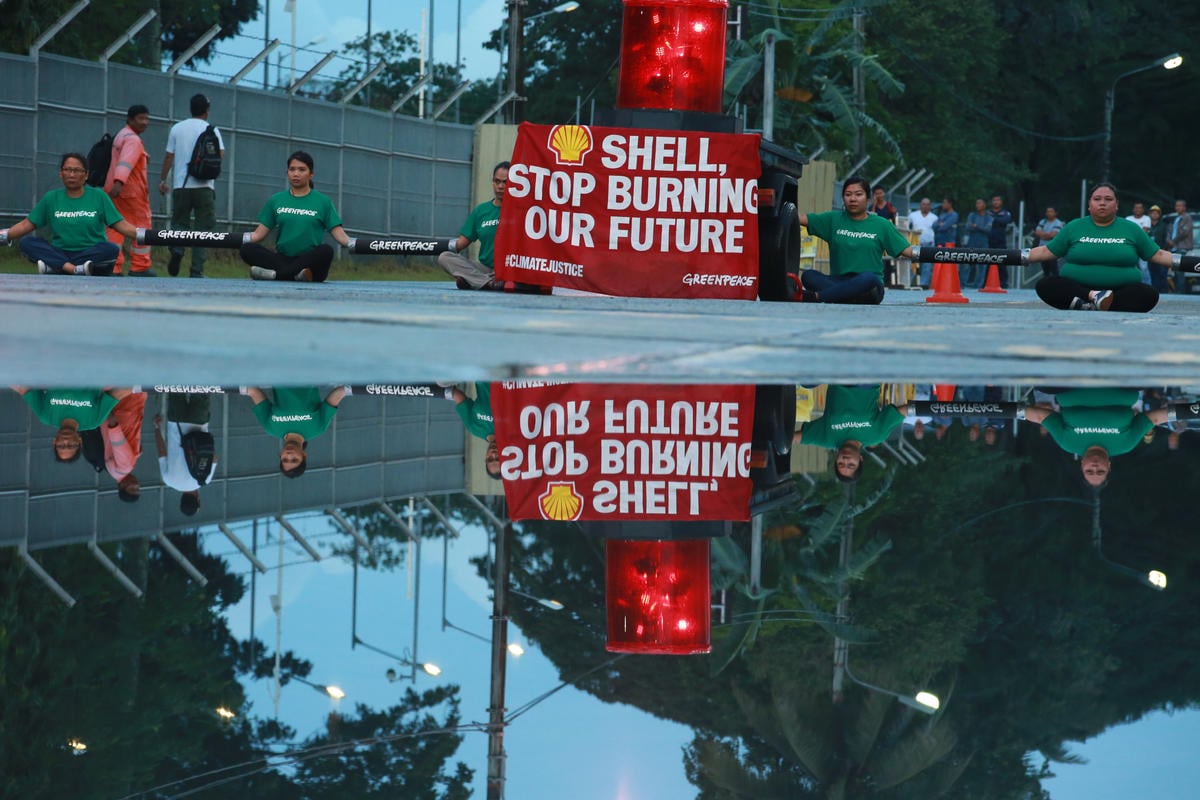
Make polluters pay
Let’s stand with Filipino communities calling for an end to fossil fuels and payment for climate damages.
-
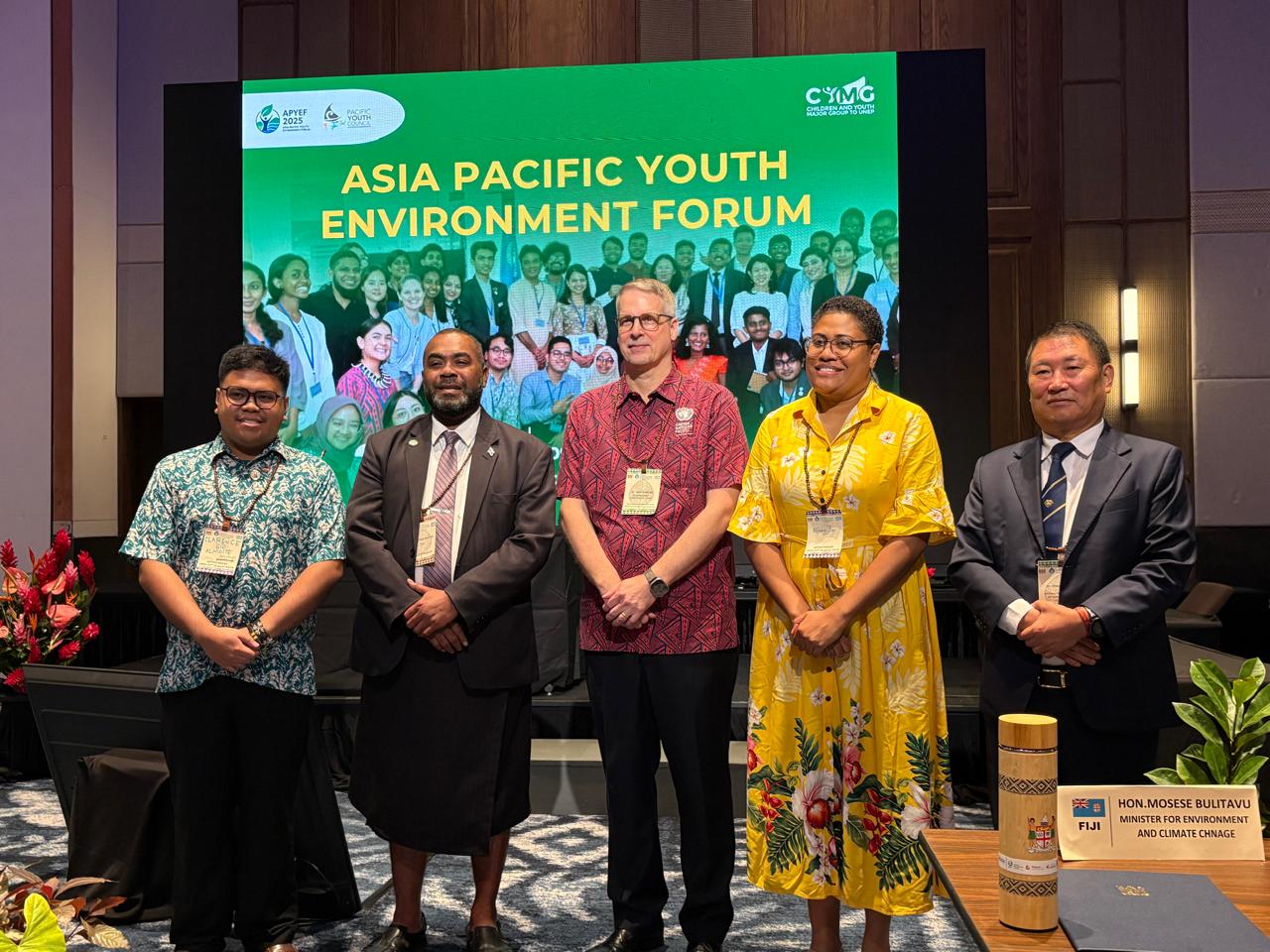
Greenpeace brings #SaveRajaAmpat to UNEA Forum, urges better governance for ‘energy transition’ minerals
In Fiji, Greenpeace Southeast Asia calls for global governance on minerals needed for energy transition
-
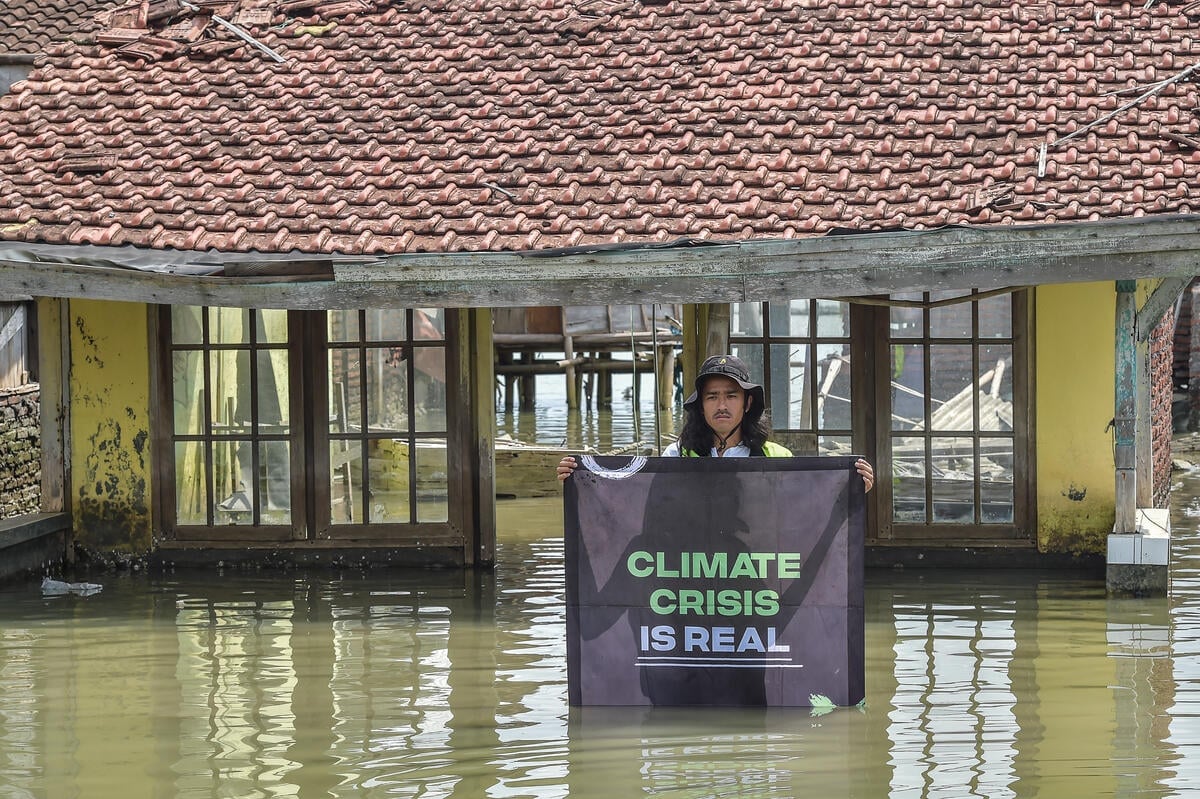
That afternoon, the climate crisis knocked on my door
Floods that we usually only see on our phone and television screens are now happening to us.
-
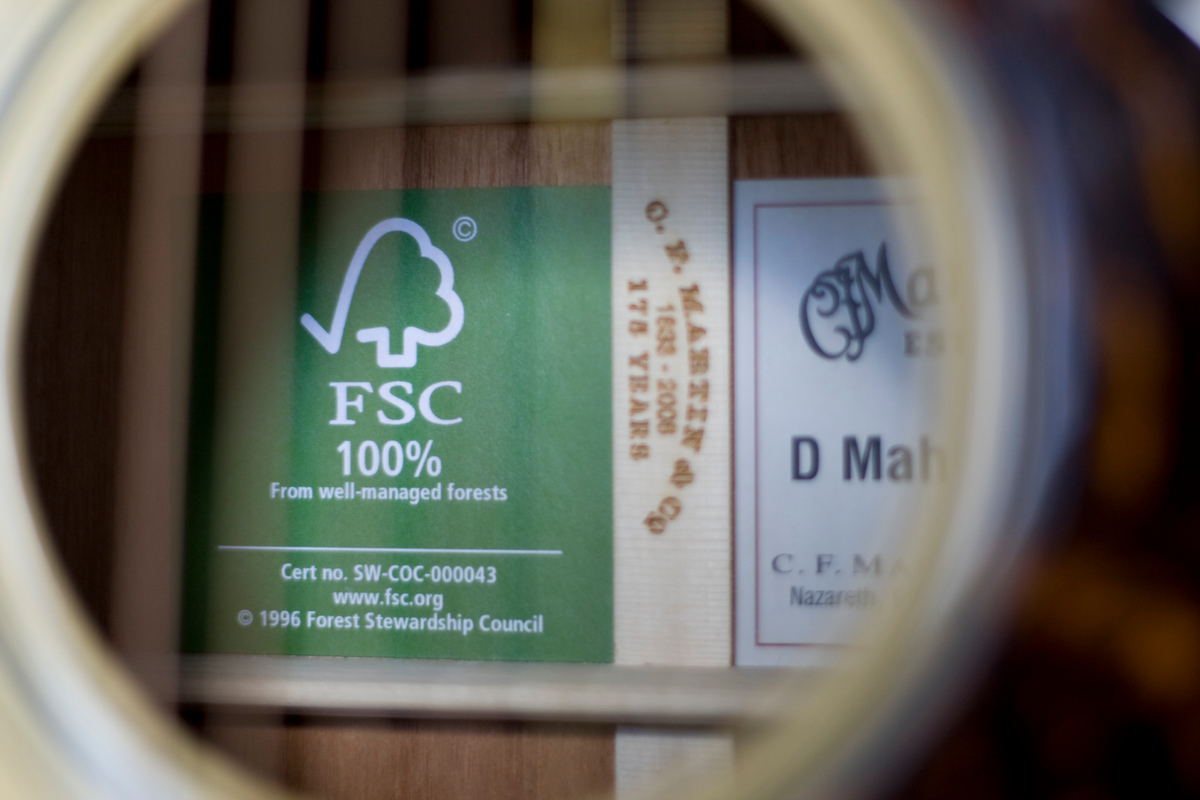
Forest Stewardship Council Risks Reputation by Lifting Suspension of Asia Pulp & Paper’s Remedy Process
Civil Society criticizes the move, citing failure to conclude investigations into the scope of forestry giant’s empire and gross misrepresentation of community views
-
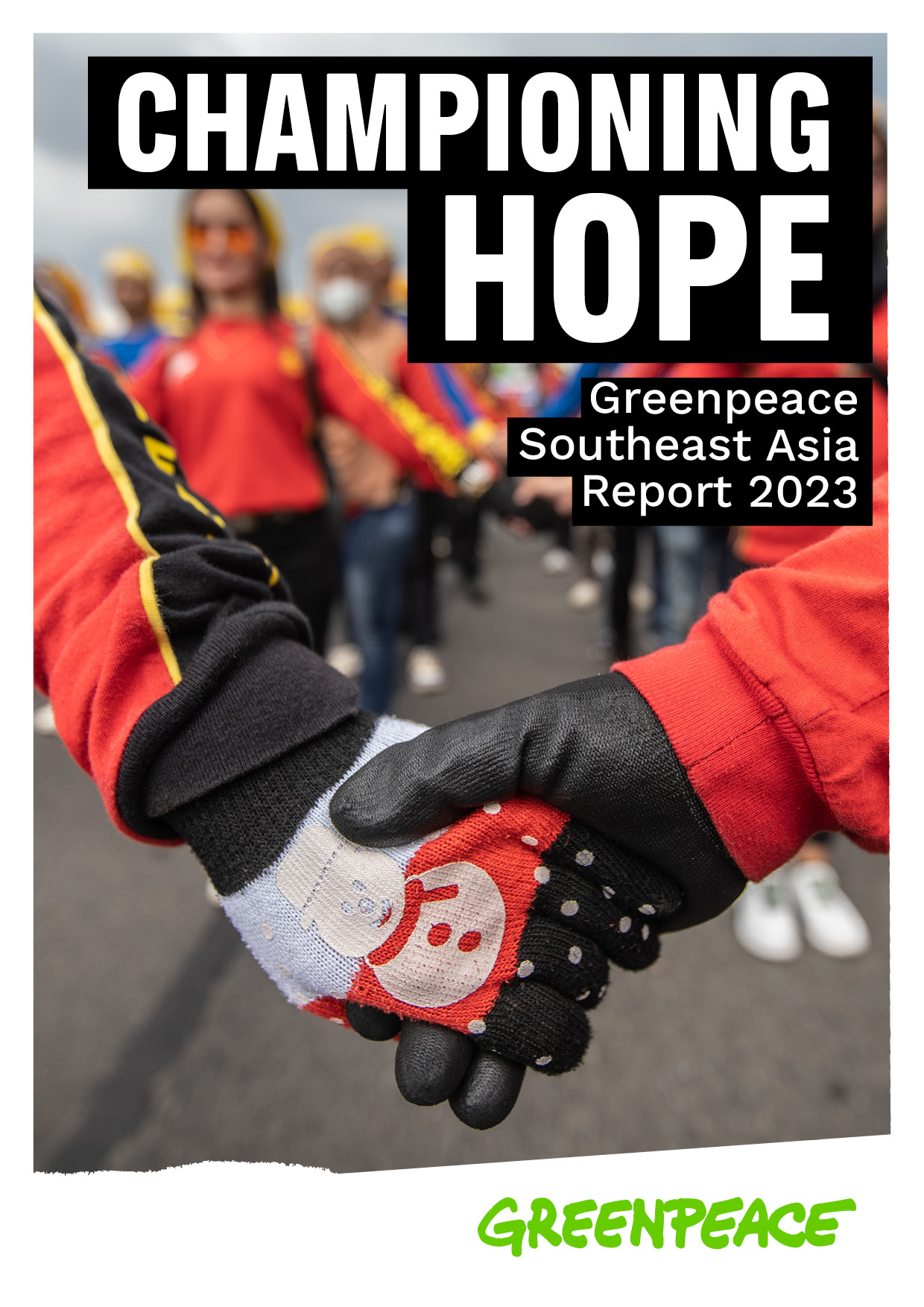
Annual Report 2023
Our movement stays rooted in co-leadership with local communities. Greenpeace Southeast Asia’s peaceful actions echo across the region for a fairer, safer, and cleaner future.
-
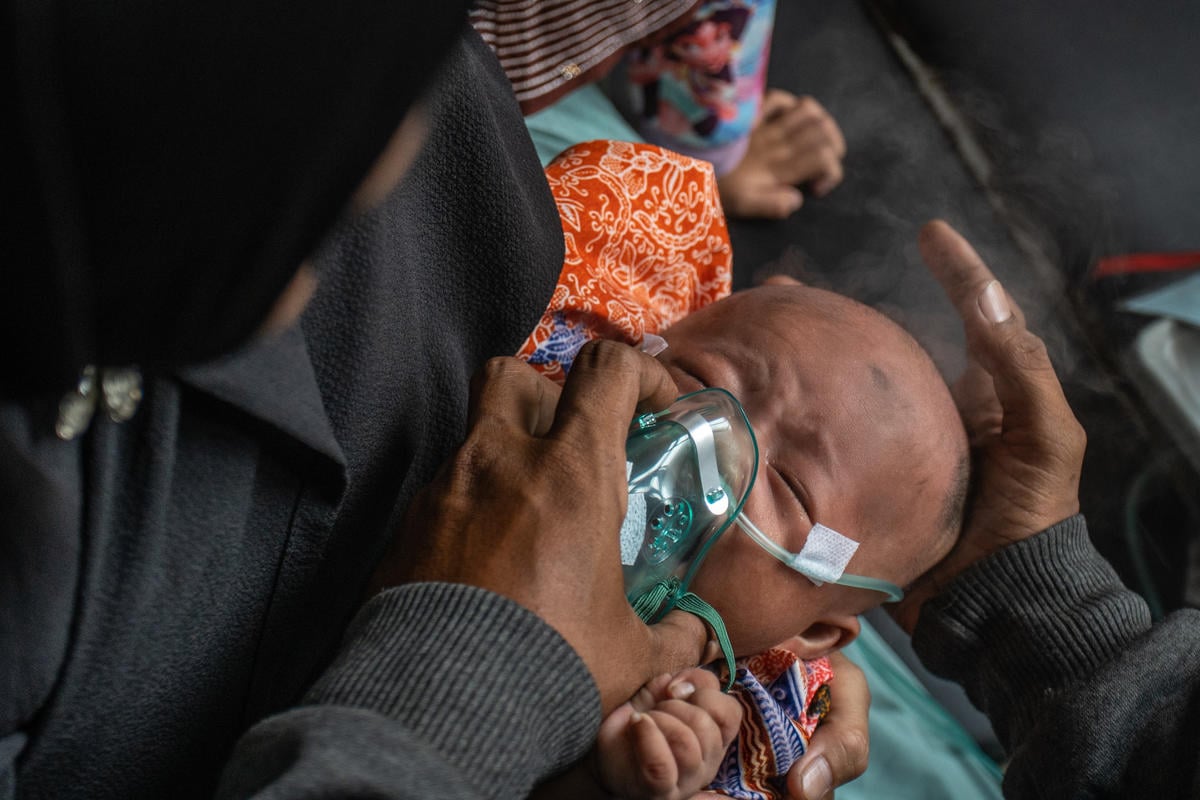
Report: Indonesia’s Chronic Forest Fires – 2023
Greenpeace Indonesia’s latest analysis shows that the indicative area of forest and land fires in 2023 was 2.13 million hectares. This figure is almost twice the size of the government’s data.
-
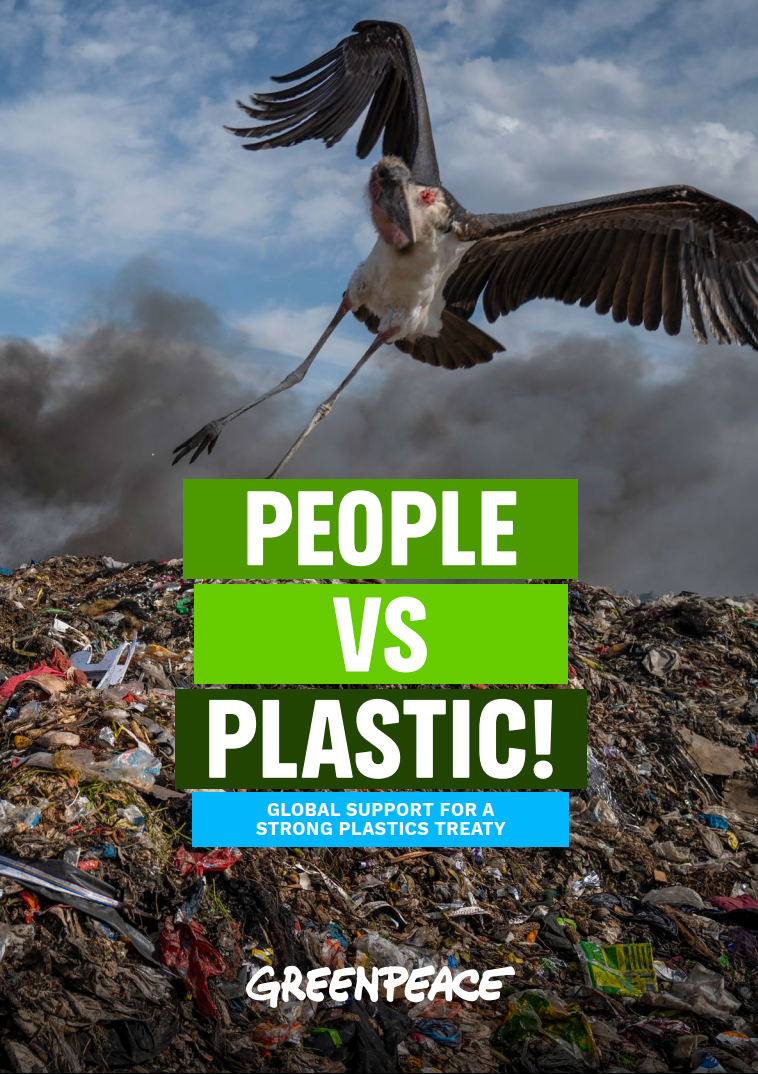
People Vs Plastic
The results of this survey demonstrate that there is overwhelming public support for the Global Plastics Treaty to cut plastic production, end single-use plastics and advance reuse-based solutions.
-
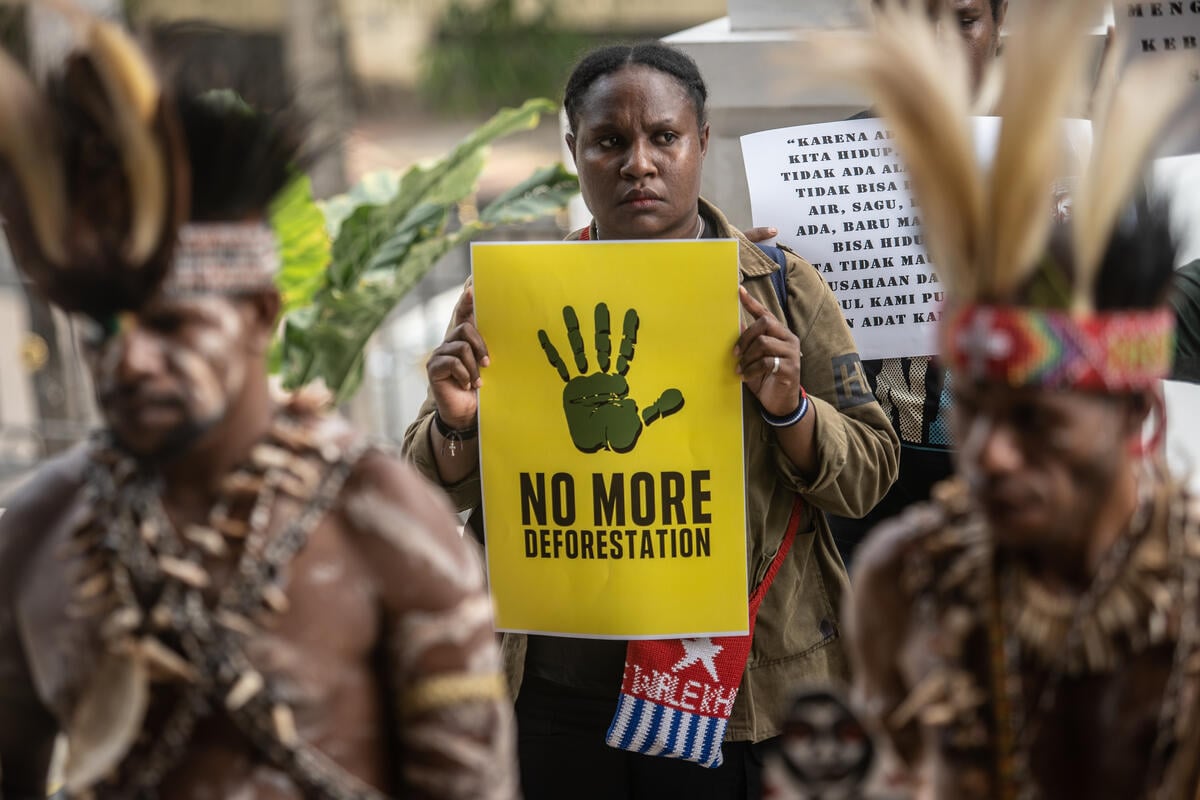
Who’s Enjoying the Profits? Indonesian Corporations Feigning Transparency
In our new report ‘Feigning Transparency’ we find there are loopholes in Indonesia’s new beneficial ownership transparency policy, allowing corporations to legitimately continue to conceal where profits are flowing to.
